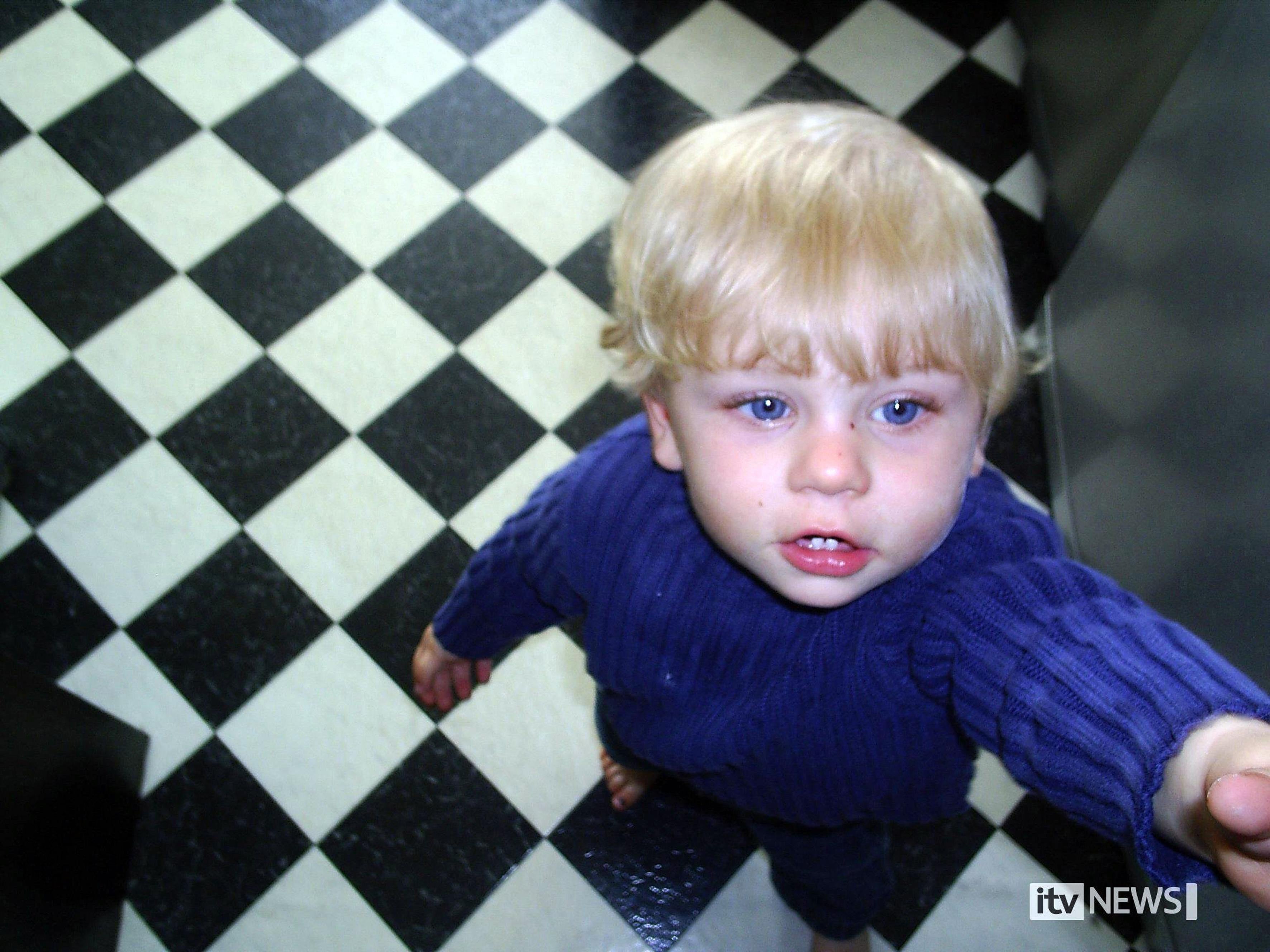
The mother of Baby P, who died after months of abuse, is set to be freed from prison after the Parole Board rejected a Government challenge against its ruling to release her.
Tracey Connelly could be out of jail within weeks after board judges refused the bid by Justice Secretary Dominic Raab to keep her behind bars for longer.
But Mr Raab condemned the decision and said it was proof the Parole Board needed a “fundamental overhaul”.
Now 40, Connelly was jailed at the Old Bailey in 2009 for causing or allowing the death of her 17-month-old son Peter at their home in Tottenham, north London, on August 3 2007.
The decision to release her demonstrates why the parole board needs a fundamental overhaul – including a ministerial check for the most serious offenders – so that it serves and protects the public
She was released on licence in 2013 but recalled to prison in 2015 for breaching her parole conditions.
Responding to the decision, Mr Raab said Connelly’s actions were “pure evil” and added: “The decision to release her demonstrates why the parole board needs a fundamental overhaul – including a ministerial check for the most serious offenders – so that it serves and protects the public.”
In March, the Parole Board decided Connelly was suitable for release, having rejected three previous bids, after hearing she is now considered to be at “low risk of committing a further offence” and that probation officers and prison officials support the plan.
But last month Mr Raab asked the board, which is independent of government, to re-examine the decision under the so-called reconsideration mechanism.
On Thursday the Parole Board announced that application had been rejected and the original decision upheld.
A spokesman said in a statement: “Following the reconsideration application from the Secretary of State, a judge has ruled that the decision made by independent Parole Board members to release was not irrational, as stated in the reconsideration application, and the original decision is upheld.”
The reconsideration mechanism, introduced in July 2019, allows the Justice Secretary and the prisoner to challenge the board’s decision within 21 days if they believe them to be “procedurally unfair” or “irrational”.

Victims and members of the public can also make a request via the minister.
But the threshold is high and is the same as is required when seeking a judicial review in court.
The provisions also make clear that “being unhappy” with the decision is not grounds for reconsideration.
Mr Raab intervened on the grounds that the decision to free Connelly was “irrational”, arguing it had failed to take proper account of some information surrounding the case and did not provide sufficient reasons for its conclusion.
The Parole Board added: “In summary, the judge has concluded that the panel did take into consideration all evidence mentioned by the application and made rational conclusions.”
Connelly will be subject to restrictions on her movements, activities and who she contacts, and faces 20 extra licence conditions.
They include living at a specified address, being supervised by probation, wearing an electronic tag, adhering to a curfew and having to disclose her relationships.
Her use of the internet and a phone will be monitored, and she has been told she cannot go to certain places to “avoid contact with victims and to protect children”.







